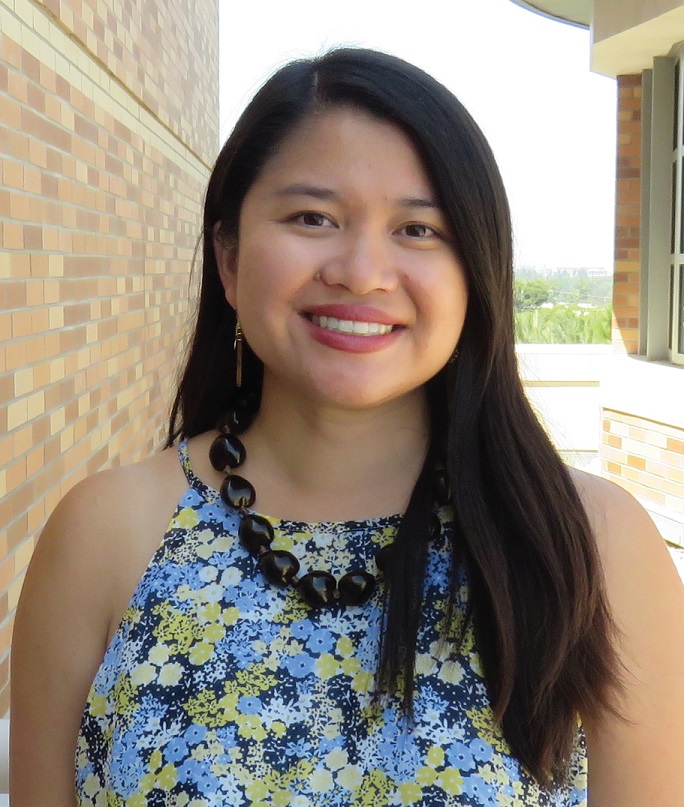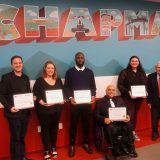New Publication by Coordinator of Special Collections & Archives Annie Tang
January 15, 2021
The Leatherby Libraries is always happy to celebrate the scholarly achievements of our librarians and staff, and we’re delighted to announce the latest of these: Coordinator of Special Collections & Archives Annie Tang has recently co-authored an essay, “Shared Service in the Archives: The Johns Hopkins University First-generation Students Oral History Project,” published in the book Deconstructing Service in Libraries: Intersections of Identities and Expectations. 
The book, edited by Veronica Arellano Douglas and Joanna Gadsby, is part of the Litwin Books series on Gender and Sexuality in Information Studies, and its synopsis reads, “Research into the construction of librarians’ professional identities indicates a strong emphasis on our work as service providers, from both within the profession and the larger communities in which we exist. This collection of work by practicing librarians offers a historical-cultural context for the ethos of service in libraries and critically examines this professional value as it intersects with gender, sexuality, race and ethnicity, class, and (dis)ability. Deconstructing Service in Libraries: Intersections of Identities and Expectations explores the ways in which an ethic of service creates, stagnates, and destructs librarians’ professional identities and sense of self; analyzes the power structures, values, and contexts that influence our personal, professional, and institutional conceptions of service in libraries; and deconstructs the costs and consequences of negotiating personal identity with professional values. Inspired by Roma Harris’ Librarianship: The Erosion of a Woman’s Profession (1992), this collection seeks to rework the idea of service in libraries into a more feminist, empowering foundation and suggest alternative theories and values in which to ground our professional practice.”
The chapter co-written by Annie Tang and Jennifer Kinniff focuses on an oral history project they began while working together at Johns Hopkins University. In the introduction to their chapter, they write, “Archivists, like librarians, often provide service to users that is defined by the mission and the institutional context of their employer. University archivists are tasked with documenting the history of their institution, and in doing so, have historically focused much of their attention on the records of institutional offices. This practice leaves out the stories of students and other communities affected by the institution. As immersed as university archivists are in academic libraries and the infrastructure of the academy, activist archivists can still challenge the status quo through intentional collecting of what is neither de facto, nor traditional. As archivists at the Johns Hopkins University (JHU) in Baltimore, Maryland, we recognized the lack of student representation in our university archives and set out to fill these gaps in our collection.”
When we reached out to Annie to discuss the chapter, the project it centered on, and her role in both, she shared the following thoughts: “This book chapter follows the creation of the First-generation Students Oral History Project, of which I was one of the primary archivists and interviewers. The University Archives at my former institution of Johns Hopkins University, like many institutions, had a distinct lack of student-created historical materials. The Project was created as one way to rectify that lack as first-generation college students, particularly those who come from immigrant families and who are persons-of-color, are rarely represented in the archival record. My writing explores the role of archivists in libraries, the gaps in university records, the first-gen experience (personal for me!) of these students, and the inversion of the library service model. This was the hardest writing project of my career thus far. It was a labor of pain and love and I have no regrets. But I will be taking a nice long writing break!”
Many congratulations to Annie and her collaborator from all of us at the Leatherby Libraries. You can access the book chapter on the Chapman University Digital Commons here: https://digitalcommons.chapman.edu/librarian_books/5/


